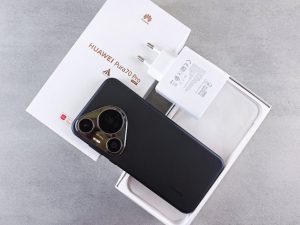
Fiber vs. Satellite: The Battle for Internet Dominance in Africa
Fiber Internet: The New Kid on the Block
Fiber internet is the new kid on the block in Africa, but it’s quickly gaining ground. With its fast speeds and reliable connections, fiber internet is becoming the go-to choice for many Africans. In recent years, several African countries have invested heavily in fiber optic infrastructure, with companies like Liquid Telecom and MTN leading the charge.
For instance, Liquid Telecom has built a 70,000km fiber network that spans across 13 African countries, providing fast and reliable internet to millions of people. Similarly, MTN has invested over $1 billion in its fiber infrastructure, with plans to expand its network to cover even more countries.
The benefits of fiber internet are numerous. Not only does it provide fast speeds, but it’s also more reliable than traditional copper-based internet. Additionally, fiber internet is less prone to outages and interference, making it a more stable choice for businesses and individuals alike.
Satellite Internet: The Old Guard
Satellite internet, on the other hand, has been around for decades. It was once the only option for many Africans, but with the advent of fiber internet, its popularity has begun to wane. However, satellite internet still has its advantages. For one, it’s able to reach remote areas where fiber internet is not available.
Furthermore, satellite internet is often cheaper than fiber internet, making it a more accessible option for many Africans. Companies like Intelsat and SES have been providing satellite internet services to Africa for years, with a focus on providing affordable and reliable connections.
However, satellite internet also has its drawbacks. For one, it’s often slower than fiber internet, with speeds that can be affected by weather conditions and signal interference. Additionally, satellite internet can be more expensive in the long run, with high costs for equipment and maintenance.
The Battle for Supremacy
So, which technology will reign supreme in the battle for internet dominance in Africa? The answer is not a simple one. While fiber internet is gaining ground, satellite internet still has its advantages.
Ultimately, the choice between fiber and satellite internet will depend on individual circumstances. For those living in urban areas with access to fiber infrastructure, fiber internet may be the better choice. However, for those living in remote areas, satellite internet may be the only option.
As the demand for internet continues to grow in Africa, both fiber and satellite internet will play important roles in meeting this demand. While fiber internet may be the future of internet in Africa, satellite internet will still be relevant for many years to come.
The Future of Internet in Africa
The future of internet in Africa is bright, with both fiber and satellite internet playing important roles. As more countries invest in fiber infrastructure, the cost of fiber internet will decrease, making it more accessible to the masses.
Additionally, advances in technology will improve the speeds and reliability of satellite internet, making it a more viable option for those living in remote areas. As the internet continues to transform the lives of Africans, the battle for internet dominance will only continue to heat up. But one thing is certain – the future of internet in Africa is fiber and satellite.



